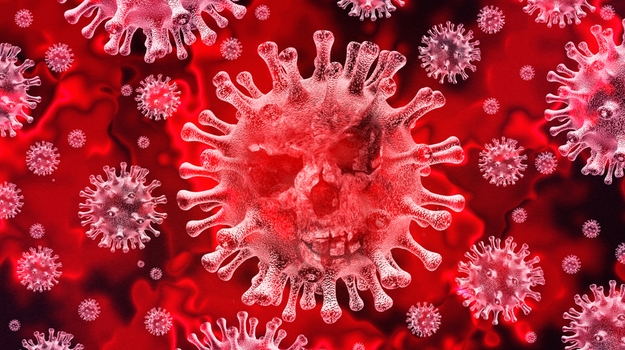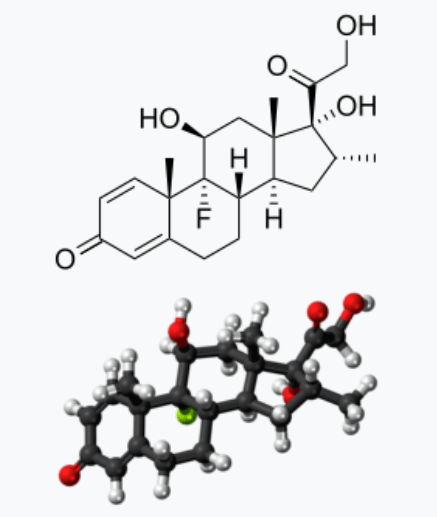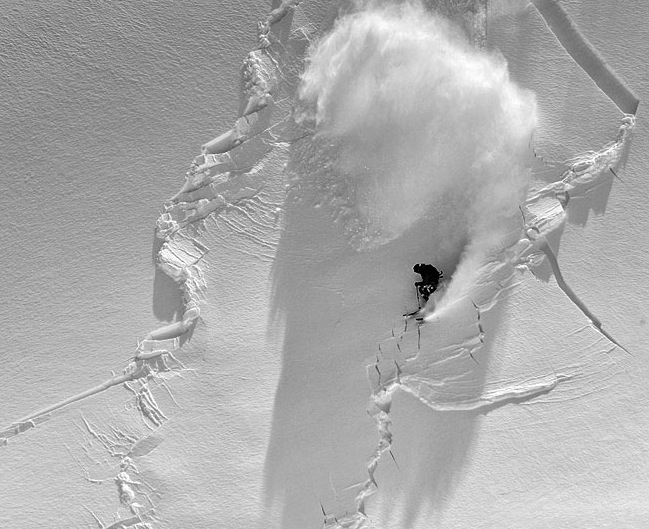
A drug used by the climbing community to ward off altitude sickness symptoms could be a major breakthrough in the fight against COVID-19.
The low-dose steroid treatment dexamethasone has the potential to help save the lives of patients seriously ill with the virus, experts in the UK claim, and so far is the only drug known to reduce mortality.
Known among mountaineers as “dex,” dexamethasone is a steroid used to treat high-altitude cerebral edema (HACE). The life-threatening condition affects about 2% of mountain climbers. In recent years though a controversial trend has emerged where mountaineers use dex as a performance enhancer as well as to alleviate the symptoms of acute mountain sickness.

In a 2009 study published by the “American Journal of Respiratory and Critical Care Medicine”, researchers revealed that dexamethasone can lower pulmonary hypertension, or elevated pressure within the blood vessels fueling the lungs. When you exercise at high altitudes, this condition restricts your capacity to function. Climbers who took the dexamethasone experienced a smaller increase in heart rate, a higher VO2max, or maximal oxygen uptake, and much less acute mountain sickness than those in the other groups.
The drug is currently part of the world’s biggest trial testing existing treatments to see if they also work for coronavirus. So far the results have been promising. It has cut the risk of death by 30% for patients on ventilators and by 20% for those on oxygen. Had the drug been available at the start of the pandemic, it is estimated thousands of deaths could have been prevented.

Dexamethasone has been used since the early 60s to treat a wide range of conditions, such as rheumatoid arthritis and asthma. It also reduces inflammation in a variety of other conditions, helping stop some of the potential damage when the immune system goes into overdrive as it tries to fight off coronavirus.




